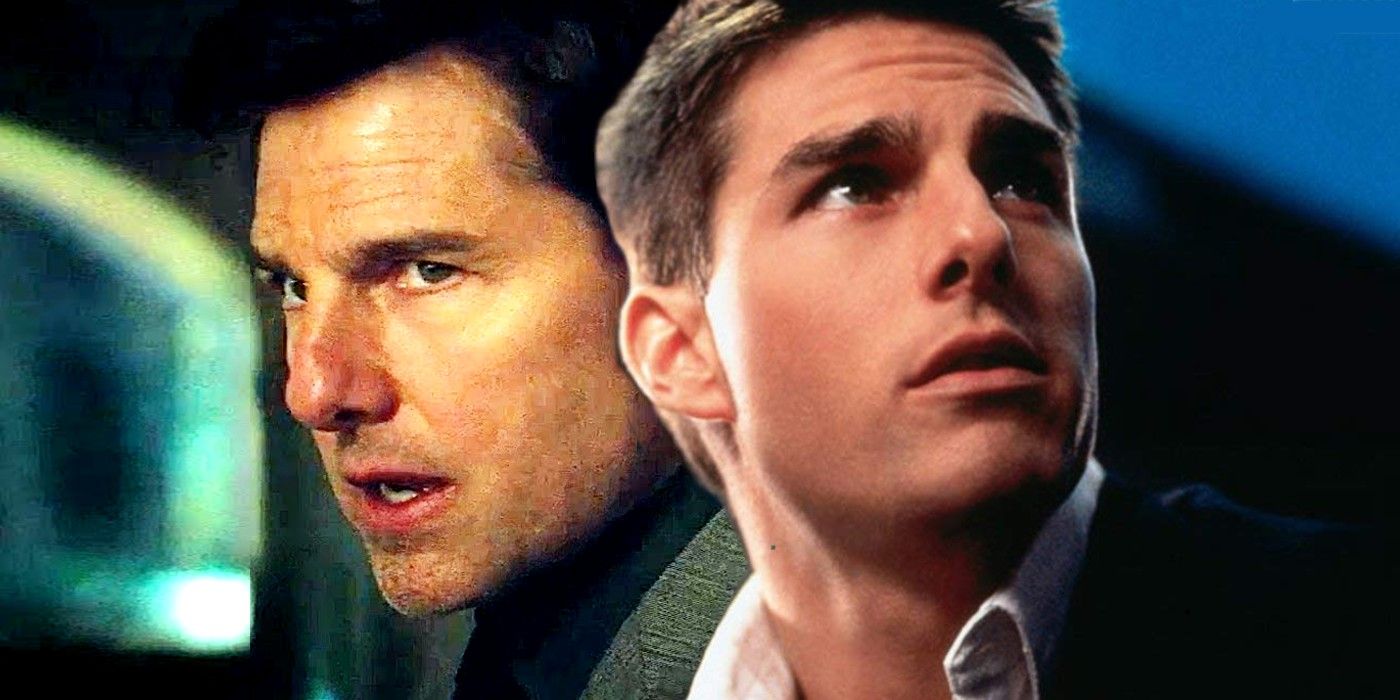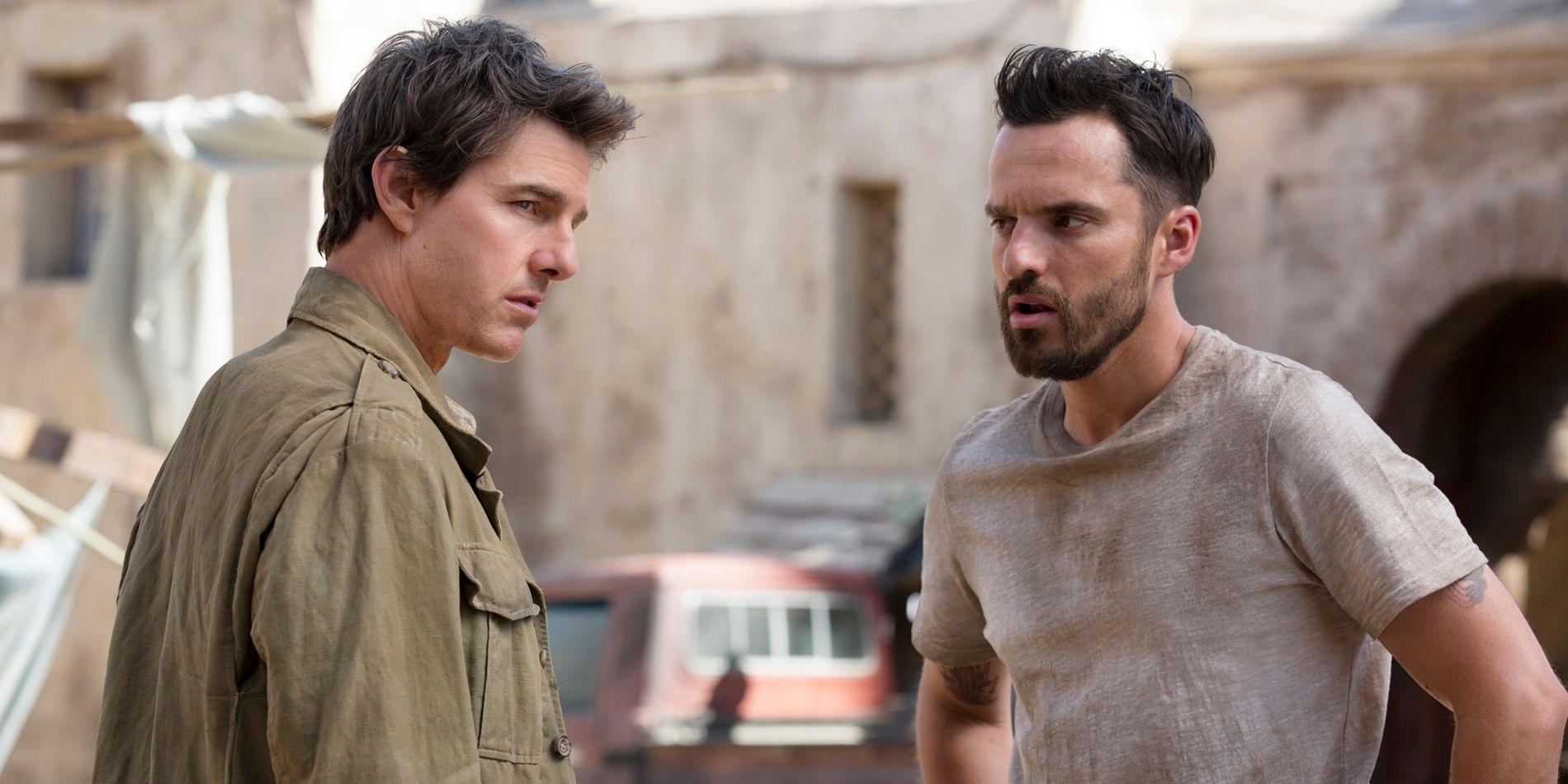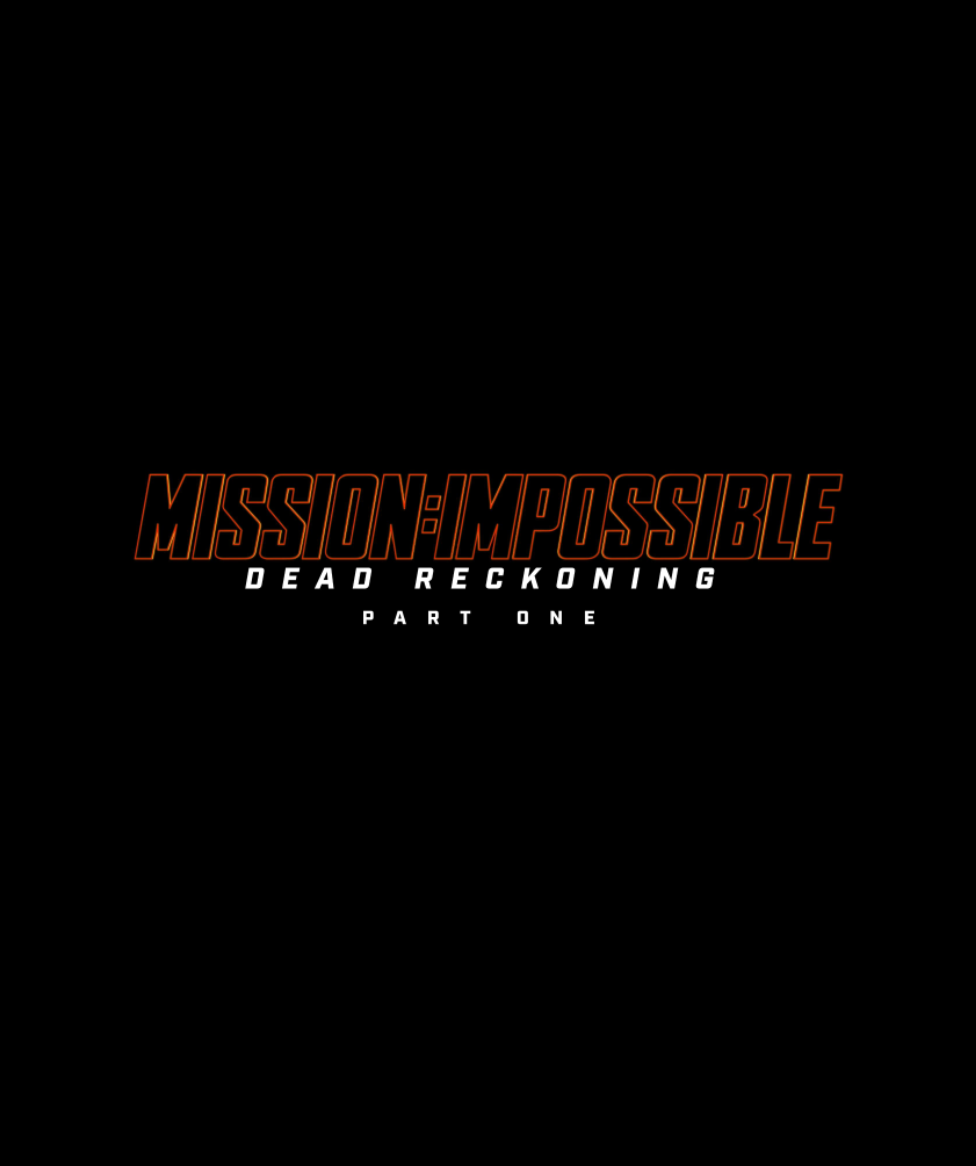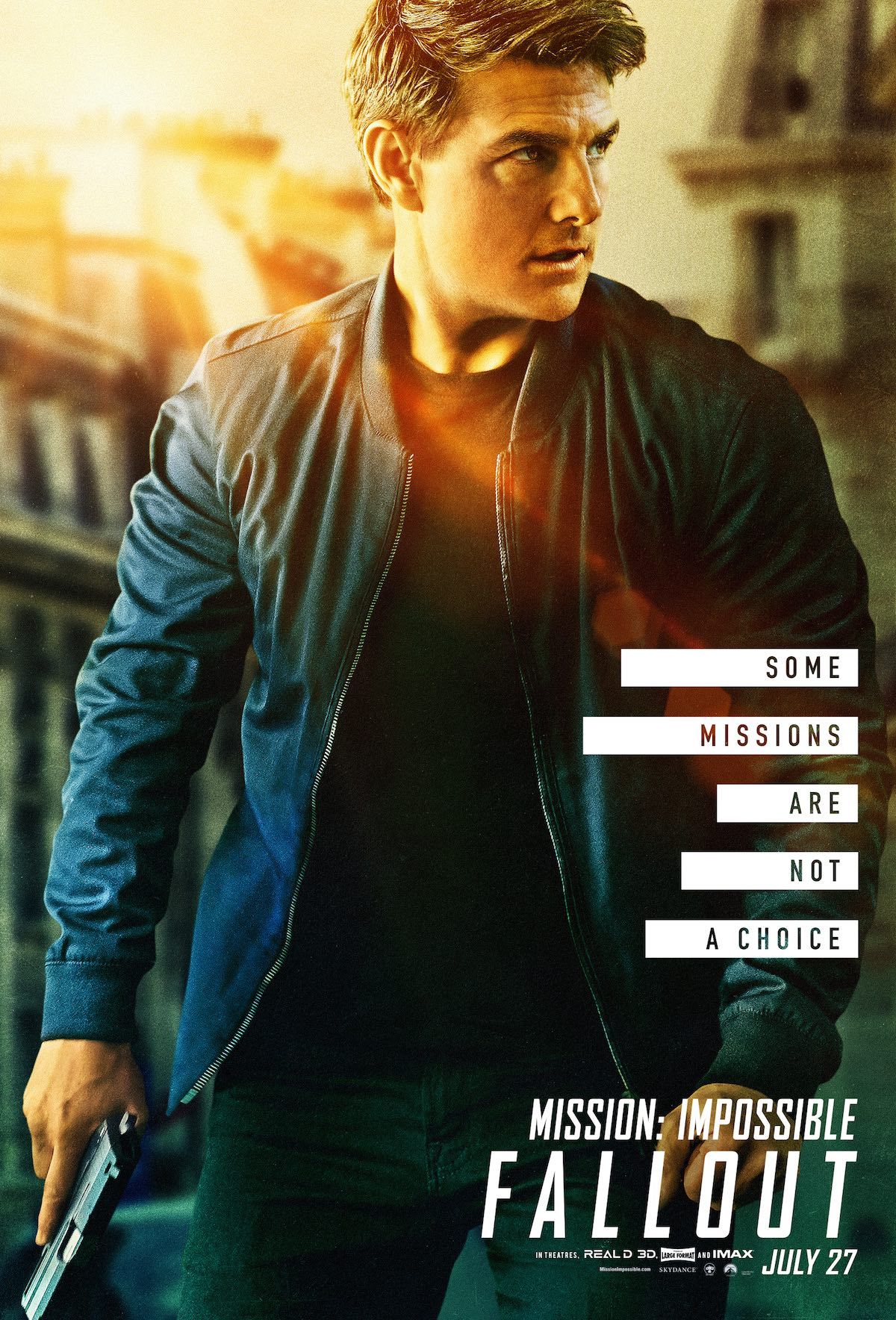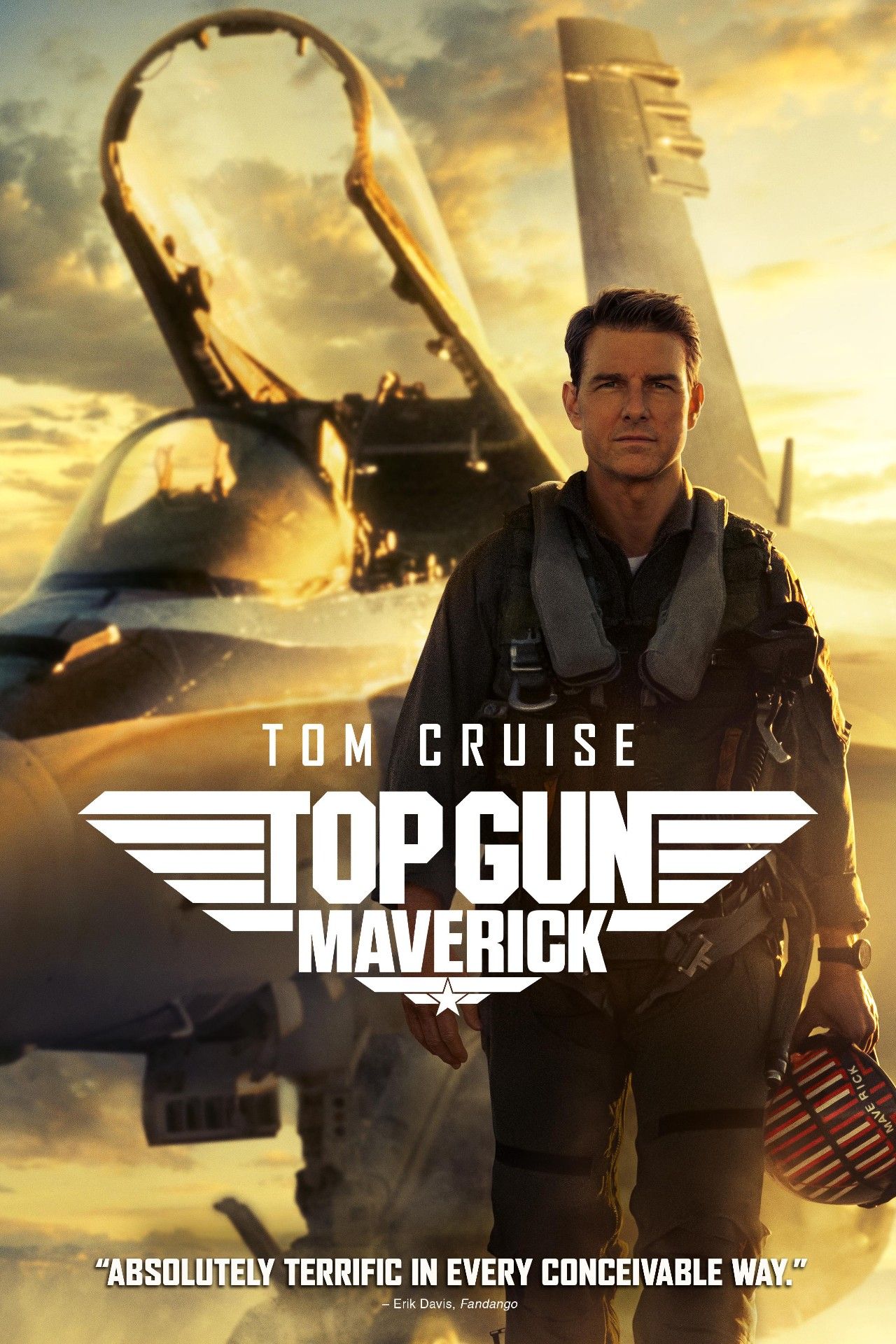Tom Cruise has been a reliable blockbuster star for decades, so why is Mission Impossible still his only successful franchise? Since beginning his career with the teen sex comedy Risky Business and soon solidifying his status as a bonafide blockbuster movie star with 1986’s original Top Gun, Tom Cruise has been one of Hollywood’s more reliable hitmakers.
The actor has weathered a handful of high-profile flops in his time, with the likes of the 2010 action-comedy Knight and Day and 2017’s The Mummy reboot failing to impress critics. However, the actor’s success rate is nonetheless remarkable, with movies as diverse as The Last Samurai, The War of the Worlds, and Edge of Tomorrow all making serious money at the box office.
However, despite Tom Cruise’s formidable career, the actor has few franchises to his name, with the Mission Impossible movies being the lone long-running series he stars in. Admittedly, the actor has made other sequels over the years, with two Jack Reacher outings on his CV and an upcoming Top Gun sequel in the form of Maverick. But Cruise’s enduring appeal has nonetheless never developed a consistently popular franchise besides Mission Impossible (which just keeps going from strength to strength, with each subsequent movie outperforming the last). With Cruise being one of the defining movie stars of the last 40 years, why is Mission Impossible his only iconic franchise, and why have his other movies and their sequels not led to them in the same way? The answer lies in both the actor’s unusual taste in roles and the self-contained nature of many of his hits.
Many of Cruise’s most critically acclaimed acting roles—Born on the Fourth of July, Jerry Maguire, Magnolia, Rain Man, and A Few Good Men all included—belong to more modest, mid-budget dramas that don’t have franchise potential because of their genre. While there may be room for a sequel to Jerry Maguire, for example, there’s no possibility of extending the movie into a multi-installment franchise thanks to the limited scope of its story. This means that many of Cruise’s hit movies have much less box office potential than his career of box office successes implies at first glance. There are also a handful of cases of Cruise attempting to start a franchise that could compete with Mission Impossible and failing to recapture the success of that series - for example, the 2017 dud The Mummy. The critical failure of The Mummy (which performed passably, though not exceptionally, at the box office) proved that audiences aren’t interested in action-horror hybrids, thus putting an end to the proposed "Dark Universe", a potential Cruise-centric franchise.
Meanwhile, Edge of Tomorrow's unique time-loop premise meant the movie is a difficult story to follow up, as proven by the mixed critical reception for Happy Death Day 2 U. The well-liked Jack Reacher movies may have brought Lee Child’s mercenary to life onscreen, but there isn’t enough to distinguish the title character from Mission Impossible’s lead Ethan Hunt, meaning both likable, cocksure action heroes-for-hire are too similar to hold up two competing franchises. Finally, the few projects of Cruise’s that succeeded at the box office and have obvious franchise potentials, such as the Anne Rice adaptation Interview With A Vampire and Ridley Scott’s '80s fantasy Legend were both released long before the contemporary obsession with sprawling, expansive move universes were popularized, meaning the actor had less incentive to establish a non-Mission Impossible Tom Cruise franchise in the 80s and 90s than he does now when faced with the competition of the MCU, DCEU, and the ever-expanding Star Wars series.

